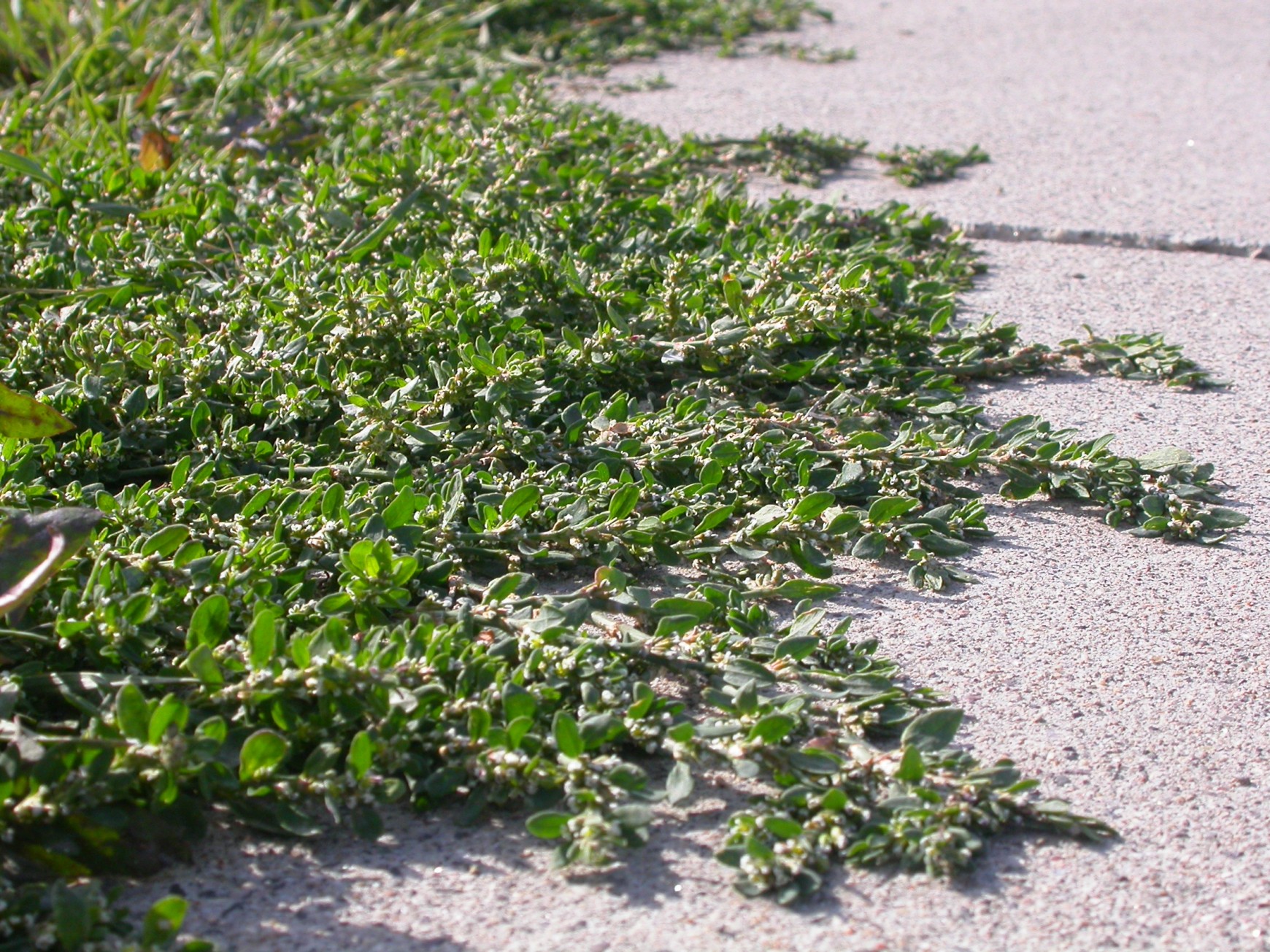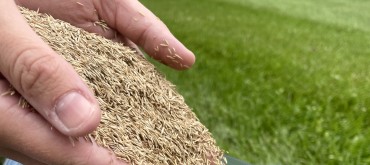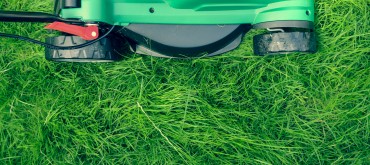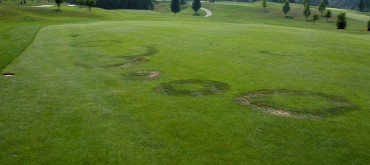Problem
Knotweed is a very low to the ground weed with oval leaves that grow in thin areas of the lawn, especially along sidewalks and driveways. The leaves are smooth, 1 inch long and 1/4 inch wide and are attached to the wiry stems. The weed can form mats up to 2 feet in diameter. The weed also grows small green/white flowers at the leaf and stem joints from June to November. Knotweed often thrives in low fertility and compacted soil.
Life Cycle
Knotweed is an annual plant. It reproduces from seeds which germinate in the spring when the soil becomes warm.
Solution
The best defence against knotweed is a healthy lawn. If your lawn is fertilized regularly, mowed accurately and irrigated properly it will be able to withstand and choke out a weed invasion. First and foremost, watering deep but less frequent will allow the roots of your grass to deepen and in turn prevent the growth of all kinds of weeds. If we think about how seeds germinate like a newly planted lawn, the more often we water the more likely new grass seeds would germinate. So, anything we can do to avoid providing constant moisture to a weed seed bed by watering deeply enough that the existing plants have water in their root zone and even if a new weed germinated, it wouldn’t be able to source enough water long enough to survive.
Always keep your lawn around 3” long, this will give your soil some shade and will prevent any weeds from germinating, especially along the edges. All seeds regardless of type need sunlight at the soil where the seed is present to germinate, so remembering that like mulch in your gardens, if we can prevent the sunlight from reaching the seed when the conditions are favorable for germination, the seed won’t germinate.
An annual aeration is also recommended to loosen compacted soil, this gives your lawn a great advantage by opening the root system, allowing for air, nutrients and moisture to flow optimally, minimizing knotweed germination.
If you do get the occasional weed on your lawn, the best solution would be pulling out the weed with its roots or by applying a selective weed control product that is available at your local retail outlet. If you feel like you’ve tried everything and need professional help, we offer a 6 visit program with additional weed control to help your lawn withstand weed invasion. If you have any questions about weeds on your lawn, don’t hesitate to give us a call and a lawn care specialist will be happy help.






